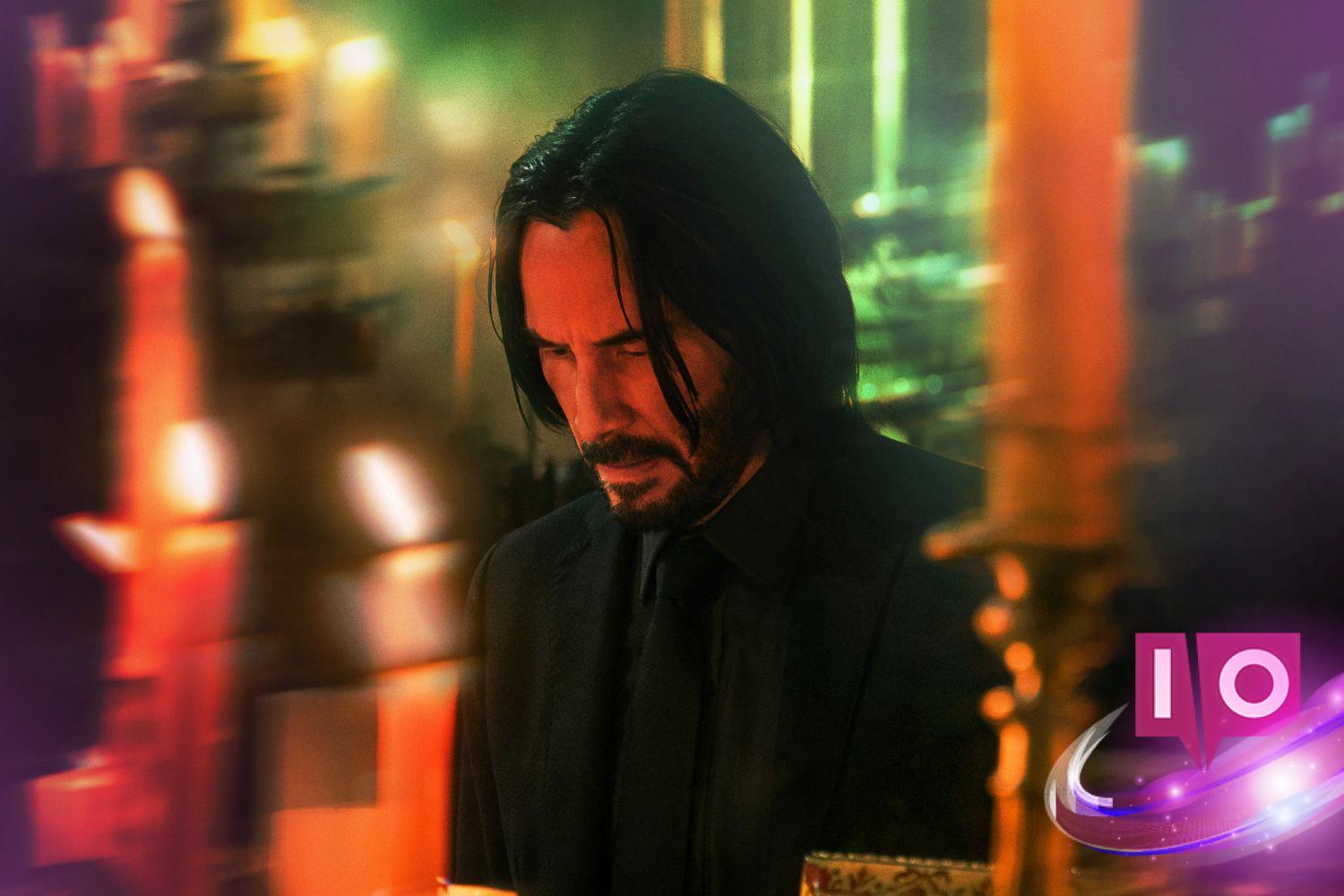Earlier this year, Michael Burns, the vice-chairman of Lionsgate, made headlines with an eye-catching statement. He suggested that Lionsgate could transform one of its renowned franchises into an anime using generative AI technology. Partnering with Runway AI, a company specializing in AI content creation, Lionsgate aimed to repackage iconic films like John Wick and The Hunger Games into entirely new formats quickly. However, this ambitious vision has yet to materialize.
Reports indicate that the partnership, touted as a groundbreaking collaboration between a major studio and a generative AI firm, has faced significant hurdles. Issues related to the extensive size of Lionsgate’s catalog, the limitations inherent in Runway’s technology, and legal concerns around copyright and licensing have complicated the rollout.
Why Isn’t AI Transforming Lionsgate’s Movies as Planned?
The agreement made last year allowed Runway AI to access Lionsgate’s complete film library to create a tailored model for generating AI-driven videos. However, industry insiders revealed that Lionsgate’s catalog might not provide sufficient data to create a fully functional AI model. In fact, the data requirements are extensive; reports suggest that even Disney’s library could fall short for such an ambitious task. A proper generative AI model necessitates a vast amount of data to yield usable outputs. For example, if Lionsgate wanted to use Runway for a specific lighting effect, they would need a wealth of reference material to guide the AI.
Current Examples of AI Video Models
This concern is supported by examples of existing AI models with access to massive datasets—like Google’s Veo or OpenAI’s Sora—that often produce videos rife with errors and peculiarities. When dealing with limited training sets, the generative AI’s output capabilities are significantly reduced, resulting in less functional and engaging content.
The Legal Maze of AI and Intellectual Property
The question of legal compliance adds further complexity to this initiative. If Lionsgate were to produce an anime version of one of its films, they would have to navigate a potentially tangled web of rights and compensations. Who needs to be paid—actors, writers, and other crew members? The situation remains murky, and many of these legal queries remain unresolved, complicating the feasibility of releasing an AI-generated film.
Add to this mix a statement from Peter Wilkes, Lionsgate’s Chief Communications Officer, who reiterated that the partnership with Runway is progressing, albeit possibly not in the way initially envisioned. He emphasized that AI is integral to the company’s future, enhancing projects and streamlining efficiencies, with potential for significant cost savings as well.
Are They Using AI in Other Ways?
Interestingly, while the exclusive model hasn’t taken off yet, there are indications that Lionsgate is employing Runway’s technology in other creative ways. Reports suggest that they are exploring possibilities such as creating an AI-generated trailer for an upcoming movie, featuring fabricated scenes as a means to gauge interest before actual production begins. While innovative, this method raises questions about authenticity and audience engagement.
What challenges do generative AI models face in the film industry? Generative AI models struggle with the need for extensive, diverse datasets to produce quality content, often resulting in glitches and inaccuracies.
Can AI-generated content become mainstream in Hollywood? While there are promising advancements, navigating legal complexities and ensuring quality control are significant barriers before AI-generated content can gain mainstream acceptance.
How do copyright laws affect the use of AI in filmmaking? Copyright laws complicate the use of existing works in AI training, raising questions about rights and financial compensation for original creators, which must be addressed before releasing AI-produced films.
What role does Lionsgate see for AI in its future projects? According to company executives, AI is viewed as a crucial tool for enhancing storytelling, increasing workflow efficiency, and improving overall project quality.
The journey of integrating AI into Hollywood is intriguing and fraught with challenges. As Lionsgate navigates this complex landscape, it’s essential to keep an eye on how these developments unfold. If you want to stay updated on the intersection of technology and entertainment, don’t hesitate to explore more insightful content at Moyens I/O.
